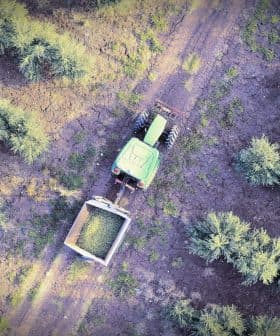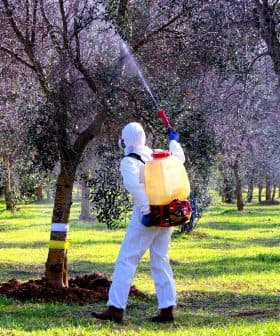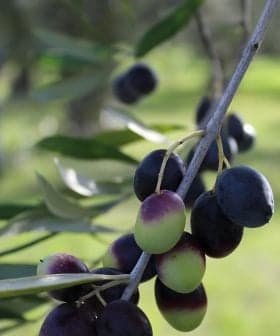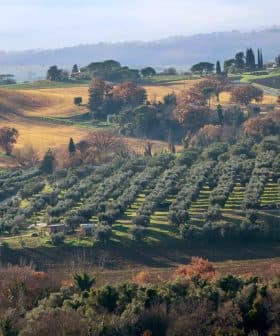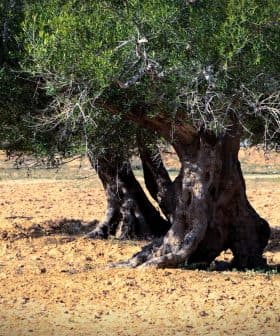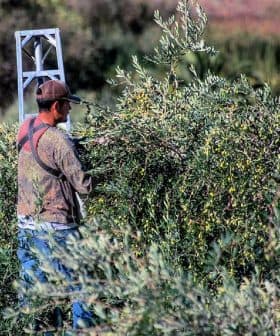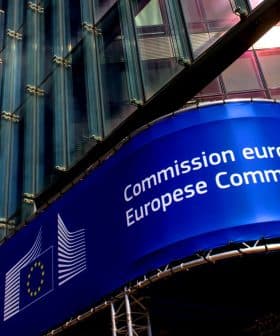Record Temperatures, Wildfires Return to Mediterranean Basin
Southern Europe has been experiencing some of the worst wildfires in recent times, with blazes in Italy and Greece causing significant damage and halting tourist activities. The extreme heat and drought in the region have led to concerns about the impact on agriculture, particularly the olive oil industry, and tourism.
Many Southern Europeans and thousands of tourists are coping with the consequences of some of the worst wildfires suffered by the region in recent times.
In the last two weeks in Sicily, Italy, blazes devoured the countryside, crops and olive groves, surrounding cities and airports in a smokey embrace, halting land and air traffic in popular tourist destinations and making rescue and relief operations even harder.
The climatic scenarios we are seeing for the Mediterranean region show a progressive reduction of precipitations and a growing impact of drought and heatwaves on peoples’ health and agriculture.
Temperatures on the ground in some areas, such as the Palermo province, hit 47 ºC, a new record high for the Sicilian city.
The European Union’s Copernicus Earth observatory warned of record wildfire emissions in Greece.
See Also:Researchers Predict More Intense Wildfires in EuropePrimarily located in the Attica region and Rhodes, July’s blazes generated one megaton of carbon emissions. Red alerts were formally declared on highly touristic islands such as Crete.
Experts believe that the current wildfire season in Greece is the worst since 2003, when satellite monitoring of such events began.
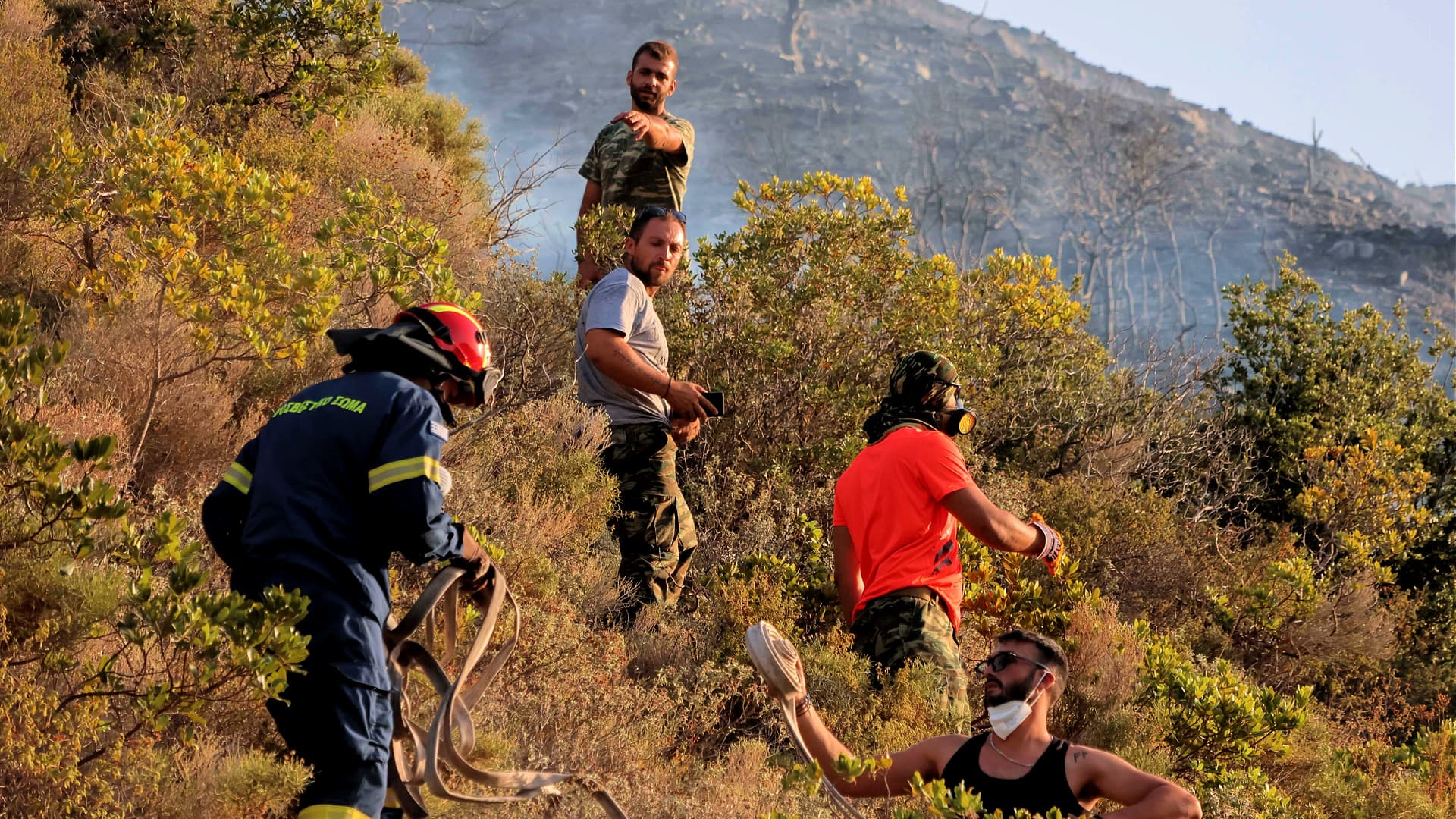
People attempt to extinguish a section of the wildfire on the Greek island of Rhodes, on July 26, 2023. (AP Photo)
In Spain, high temperatures and the enduring drought in many areas still take a toll on woodlands and forested areas. Large blazes mainly affected northeastern Spain, which is rich in thick vegetation.
On the southern bank of the Mediterranean basin, devastating wildfires once again burned across Algeria’s mountainous regions. Dozens of people died from the smoke and the heat, and at least 10 soldiers deployed in those areas were killed.
In Tunisia, the public state energy operator, STEG, announced a series of programmed blackouts to maintain the efficiency of the national electricity network while temperatures hit 50 °C.
Mark Parrington, a senior scientist in the Copernicus Atmosphere Monitoring Service, noted how the current heatwave hitting the Mediterranean significantly increased the wildfire risk.
“With several more weeks left in the summer, we will continue to closely monitor the fire emissions and potential air quality impacts across the region,” he said.
Both the Italian and Greek governments established dedicated task forces to face the increasing threat posed by blazes. The Algerian government released specific guidelines to the population to minimize the risks.
“The climatic scenarios we are seeing for the Mediterranean region show a progressive reduction of precipitations and a growing impact of drought and heatwaves on peoples’ health and agriculture,” Gianmaria Sannino, head of the division models and technologies for the reduction of anthropogenic impacts and natural risks at the Italian research public agency ENEA, recently told Olive Oil Times.
In such a scenario, the current olive season might also suffer the consequences of the summer heatwave. Temperatures might significantly impact the development of the fruit.
“In the first five to 10 weeks after fruit setting, water stress can cause blackening and falling of the fruits,” Primo Proietti, professor of agricultural and environmental sciences at the University of Perugia, Italy, told Olive Oil Times.
“Drought and high temperatures in summer can anticipate ripening and greatly reduce the growth of the fruit and the inoculation,” he said.
“As a result of increased water stress, the ripening fruits are dry and with a low pulp-to-core ratio, which results in difficulty to extract the oil,” Proietti added. “On a qualitative level, the oil can acquire the defect sensory dry-wood, a woody and dry feeling.”
Andrea Carrassi, general director of the Italian Association of the Edible Oil Industry (Assitol), noted that “the low olive oil stocks in Europe could hinder olive oil availability in the next months and the next season.”
Touristic organizations have also taken notice of the situation, as scorching heat and high humidity impact a wide array of activities and all outdoor operations. Smoke from wildfires also hampered travel.
Thousands of tourists from the United Kingdom have seen their planned vacations in the Greek islands canceled.
The latest report from the European Travel Commission (ETC) released at the beginning of July, days before the heatwave began, showed significant numbers for tourism in Europe.
While it is still too early to estimate the heatwave’s impact on the oleotourism sector in all the major olive oil-producing countries, tourists to Southern Europe are increasingly aware of the problems caused by heat and heatwaves.
Miguel Mirones, president of the Spanish Institute for Tourism Quality, told Euronews that “people are waiting until the last moment to see not where it is going to rain, but where those extreme temperatures are going to happen so that they can adapt.”


